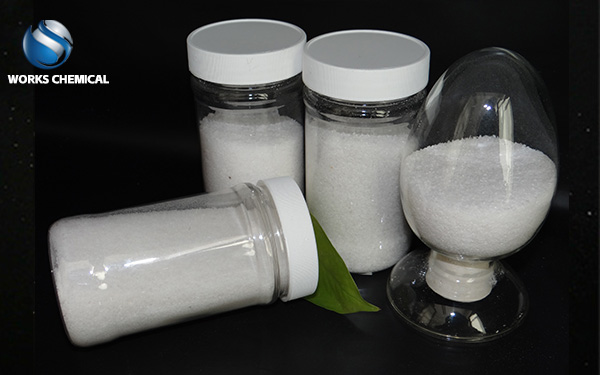
Sludge enhancer is a chemical agent specially used to improve the dewatering performance of sludge, which can effectively solve many problems in the sludge treatment process. The following is a detailed introduction to the sludge synergist:

Principle of action of sludge synergist
Sludge enhancer improves sludge dewatering performance by:
Damage the colloidal structure of the sludge: the specific ingredients in the sludge synergist can destroy the colloidal structure of the sludge, making it easier to separate and dehydrate the sludge particles.
Reduce sludge viscosity: By reducing the viscosity of the sludge, the sludge synergist helps the sludge to remove water more smoothly in equipment such as filter presses or centrifuges.
Increase sludge solid content: After the use of sludge synergist, the solid particles in the sludge are more likely to gather together, thereby increasing the solid content of the sludge and reducing the water content.
2. Advantages of sludge synergists
Significant dewatering effect: sludge enhancer can significantly improve the dewatering efficiency of sludge, reduce the moisture content of sludge from more than 90% to 60%, and achieve deep dewatering of sludge.
Reduce pretreatment steps: As the colloidal structure and viscosity of the sludge are improved, some tedious pretreatment steps (such as long stirring, adjusting pH value, etc.) can be simplified or omitted.
Improve equipment efficiency: sludge synergists can reduce the replacement frequency of mechanical equipment filter cloth, reduce equipment loss and maintenance costs, and improve the work efficiency of dewatering equipment.
Reduce treatment costs: The use of sludge synergists can reduce the burden of subsequent treatment, such as transportation, storage and disposal costs, thereby reducing the overall cost of sludge treatment.
Environmental benefits: the sludge booster does not contain chloride ions, does not need to add lime, has no corrosion to the equipment, and is conducive to the subsequent incineration of the sludge, brick making, composting and other processing, which meets the environmental requirements.
3. Application range of sludge synergist
Sludge enhancer is mainly suitable for sludge preconcentration and sludge dewatering of municipal sewage treatment plants and various industrial and domestic sewage treatment facilities. It is especially suitable for sludge conditioning before dewatering of plate and frame dewatering equipment, and has strong adaptability to water quality and high acid and alkali tolerance.
4. Selection and use of sludge synergists
Select the right sludge enhancer: Select the right sludge enhancer according to the nature of the sludge and treatment requirements. Different sludge synergists have different chemical composition and mechanism of action, so it is necessary to choose according to the specific situation.
Control dosage: The dosage of sludge enhancer should be adjusted according to the nature of the sludge and the performance of the treatment equipment. Too much or too little dosage may affect the treatment effect and economy.
Monitoring treatment effect: In the process of use, the dewatering effect and water content of the sludge should be regularly monitored to ensure the effectiveness of the sludge synergist.
Differences between sludge enhancers and traditional sludge dehydrators
Traditional sludge dewatering agents, such as polyacrylamide, polyaluminum chloride, ferric chloride, lime, etc., although they have a certain sludge dewatering effect, they have problems such as high cost, serious corrosion of equipment, and easy blockage of filter cloth. The sludge enhancer can effectively avoid these problems and improve the dewatering efficiency and treatment effect.
In summary, sludge synergists have significant advantages and wide application prospects in the field of sludge treatment. Reasonable selection and use of sludge enhancers can significantly improve the efficiency of sludge treatment, reduce the cost of treatment, and bring significant economic and environmental benefits to sewage treatment plants and industrial wastewater treatment facilities.